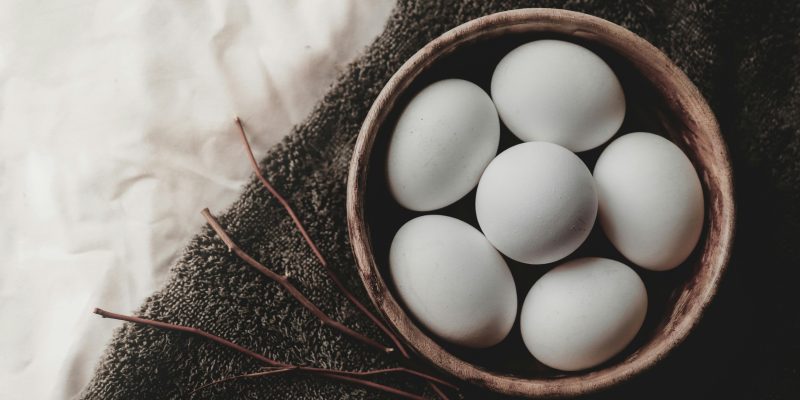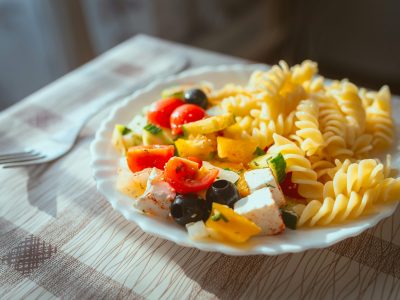Getting a hard-boiled egg to cook without cracking the shell can sometimes be tricky! You will find practical tips for simple steps that will give you perfect results every time. These tips will keep them from disintegrating — for breakfast, for a salad, or for snacking.
1. Choose the Right Eggs:
That is important when it comes to hard-boiled eggs, however. Older eggs peel more easily after boiling, so they’re best used for this purpose. Place the egg in a bowl of water to check its age. If it stands upright, it is older and great for boiling it down. Newer ones will be horizontal, meaning they may be stiffer to peel.
2. Prepare the Eggs:
Let them come to room temperature first before putting them in water. This helps to mitigate the risk of cracking due to sudden change of temperature. If you’re setting meal in place for them at the time, have them out 20 to half-hour before cooking.
3. Use the Proper Pot:
Choosing the correct pot is essential. It needs to be big enough for a single layer of eggs. It also makes them easier to crack if too many are crowded together. Be sure you leave enough room to submerge the eggs in at least an inch of water.
4. Start with Cold Water:
Putting eggs in cold water and heating them slowly helps avoid cracking. That way, the eggs can slowly acclimate to the temperature difference. Cover the eggs completely with cold water in the pot.
5. Add a Pinch of Salt:
Add a little salt to the water to minimise cracking. By raising the density of the water, taking away some of the weight from the shells, salt helps keep the eggshells afloat. Also helps in removing the egg shells after cooking.
6. Control the Heat:
After you have placed the pot on the stove, transfer the pot contents and water over medium heat to boil the water. A gentle boil will not stir your eggs, which helps prevent cracking. After it comes to a boil, reduce to a simmer and leave at that temp for the rest of the time.
7. Adjust the Cooking Time:
The cooking time will depend on how well done you like the yolk. For a set yolk, place the eggs into a saucepan and cover with cold water, bring to a boil, then remove from the heat, cover, and allow to stand approx. 9 – 12 minutes. For those who like their yolks just a touch softer, shoot for 7 to 8 minutes. It is because the timer makes sure that you do not boil the eggs more than needed or less.
8. Cool the Eggs Promptly:
Immediately place the eggs in a bowl of ice water after cooking. This process prevents further cooking from occurring and also helps the yolks firm up. Place them in an ice bath for no less than 5 minutes. It also helps in removing the eggshells easily later on.
9. Peel with Care:
You need to start peeling with a gentle tap on the egg against a hard surface to break the shell. Roll it gently if you want to shake it out more. Begin peeling from the fatter end of the fruit as it is easier, and ideally, you should be doing it under running water. This water aids in separating the shell from the egg white.
10. Store Properly:
Hard boiled eggs should also be kept in the refrigerator unless you are eating them in the next few hours. Store them in an airtight jar. Good for storage: They can be stored for a week so making a good convenient meal option.
Experiment with Techniques:
Other cooking methods can also produce eggs that don’t crack. Others say steaming works just as well, as boiling does. Trying out different approaches can help identify what works best.
Conclusion
With the right approach, getting perfectly hard-boiled eggs without a crack is simple. With factoring in egg freshness, temperature regulation, and supportive tricks, anyone can relish perfect eggs. This simple process ensures that you can enjoy this versatile food while minimising the hassle of those annoying cracks.













Comments